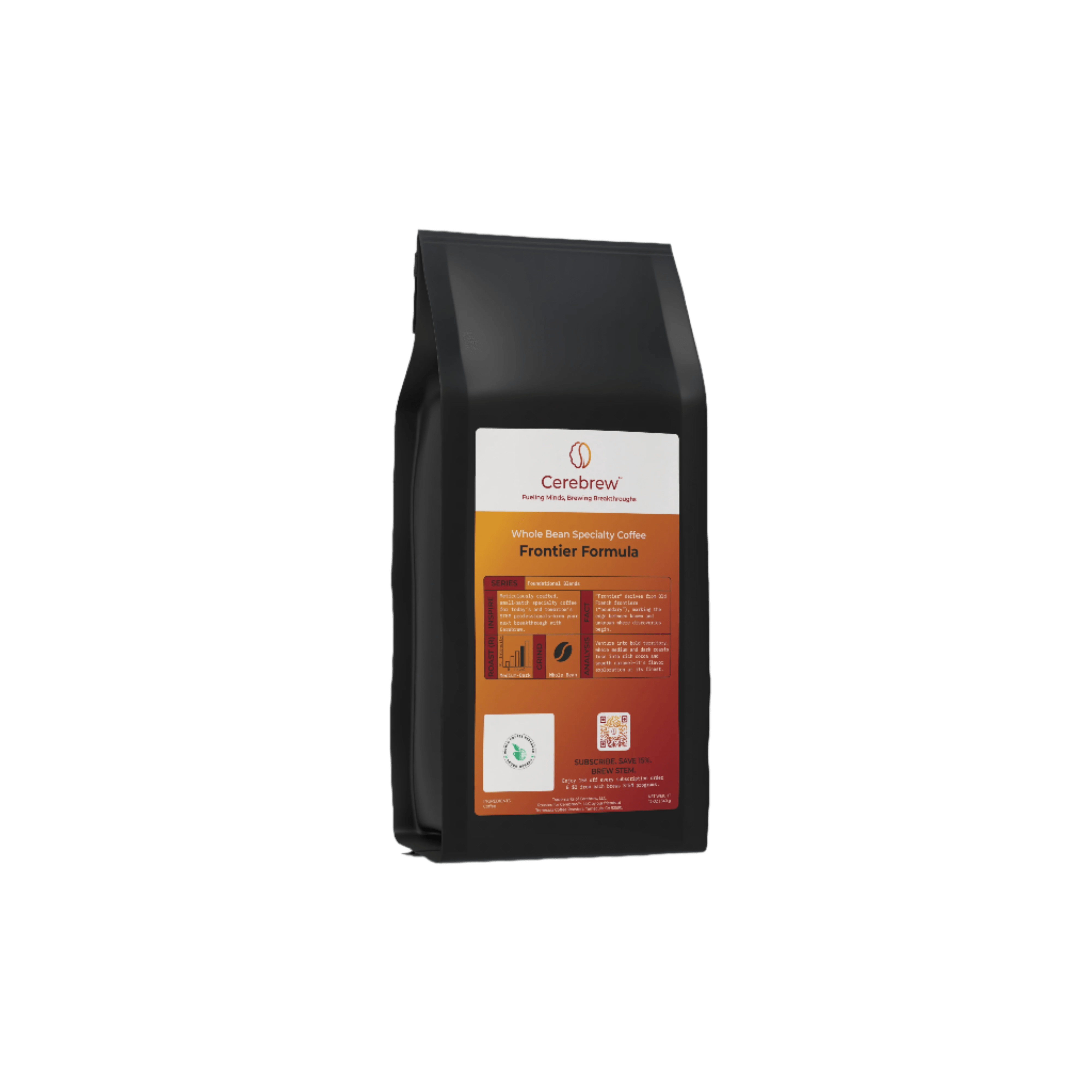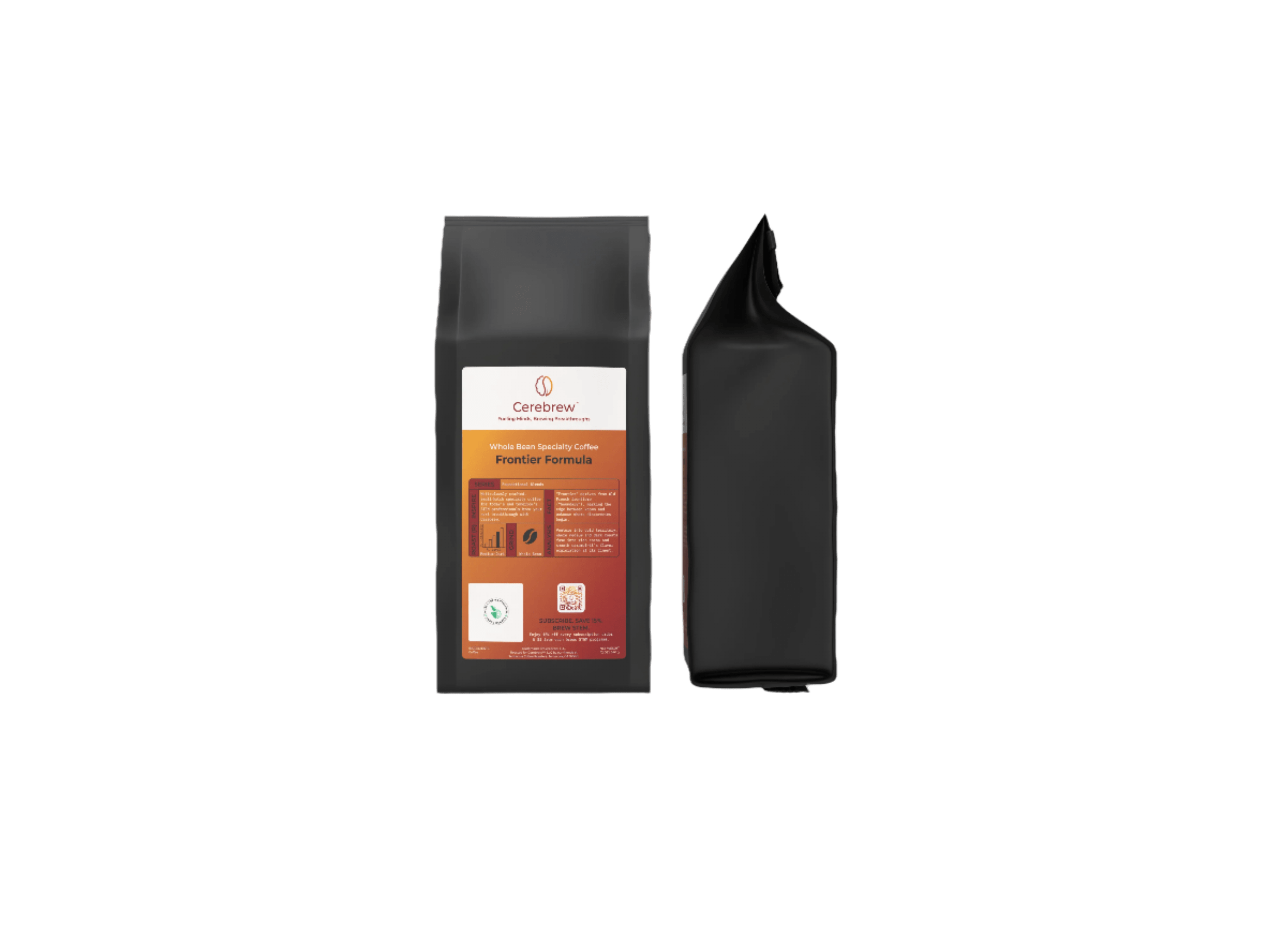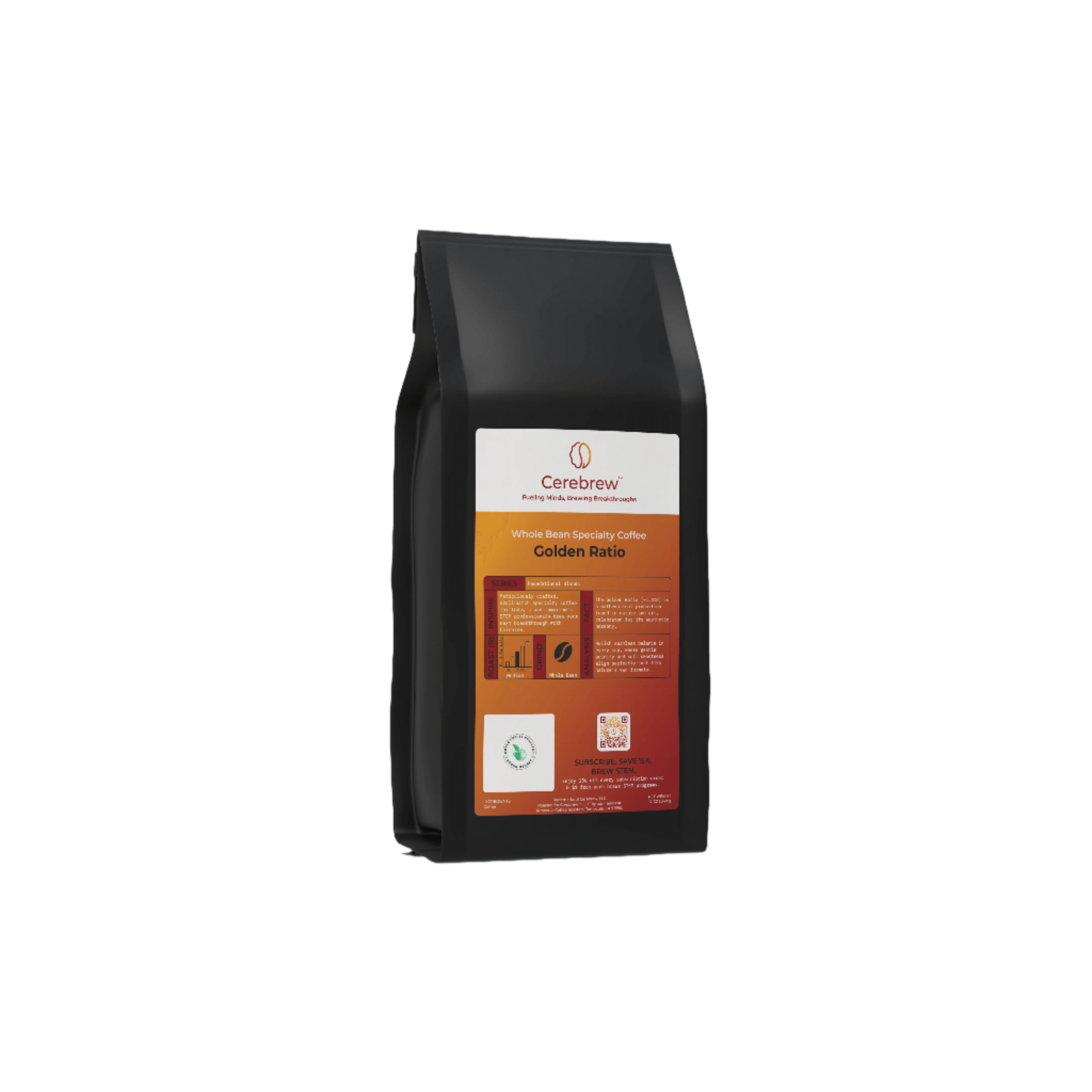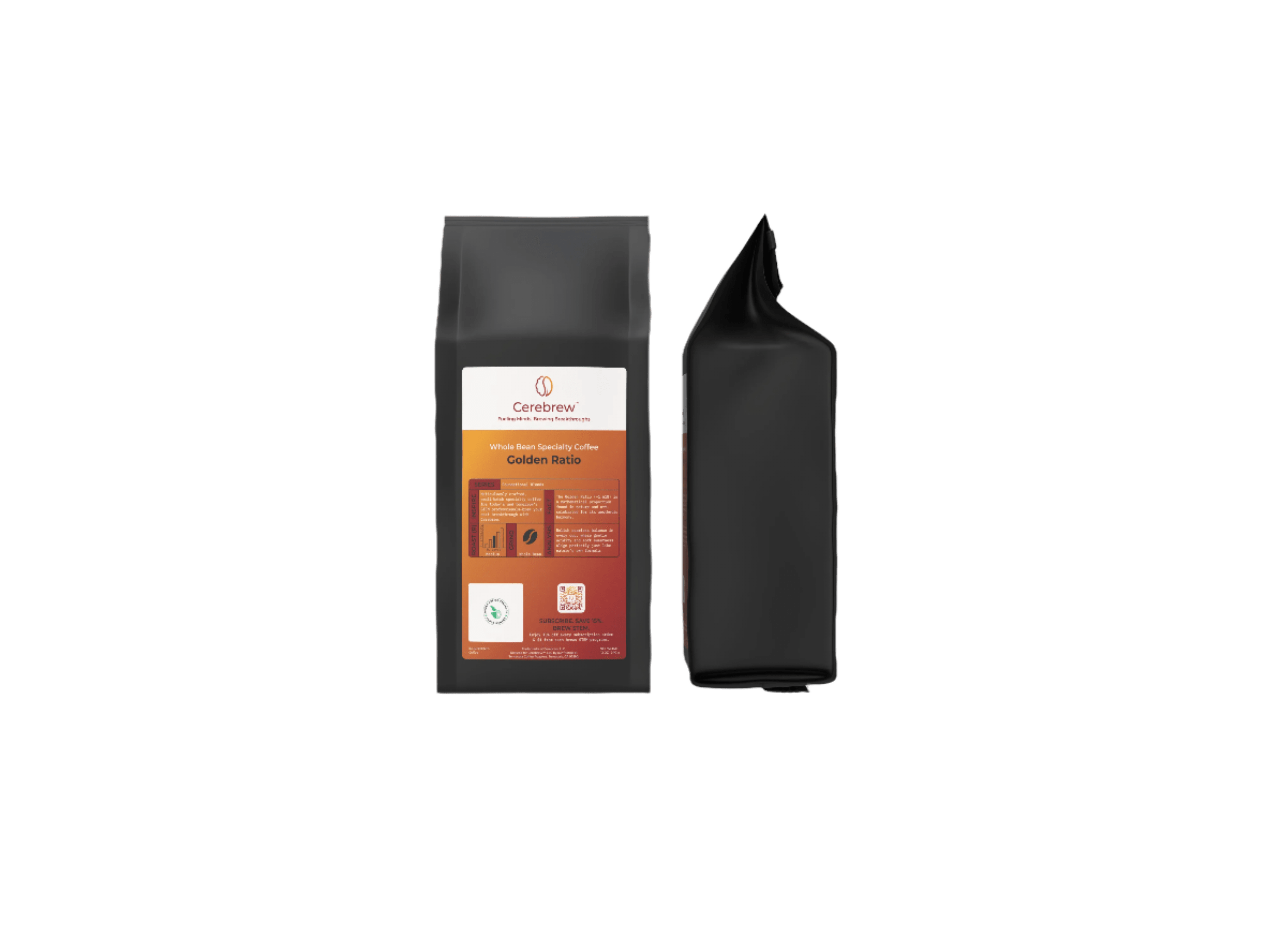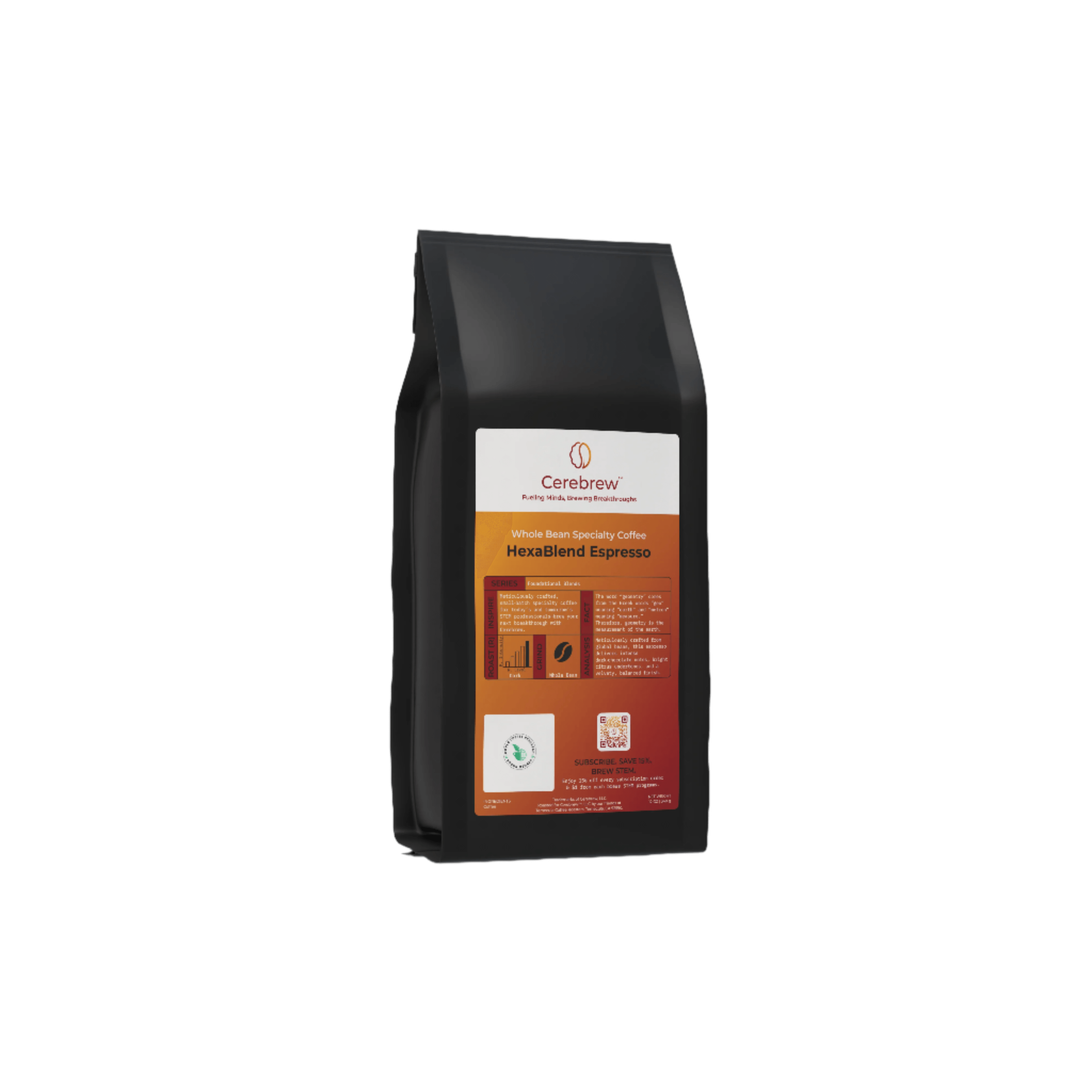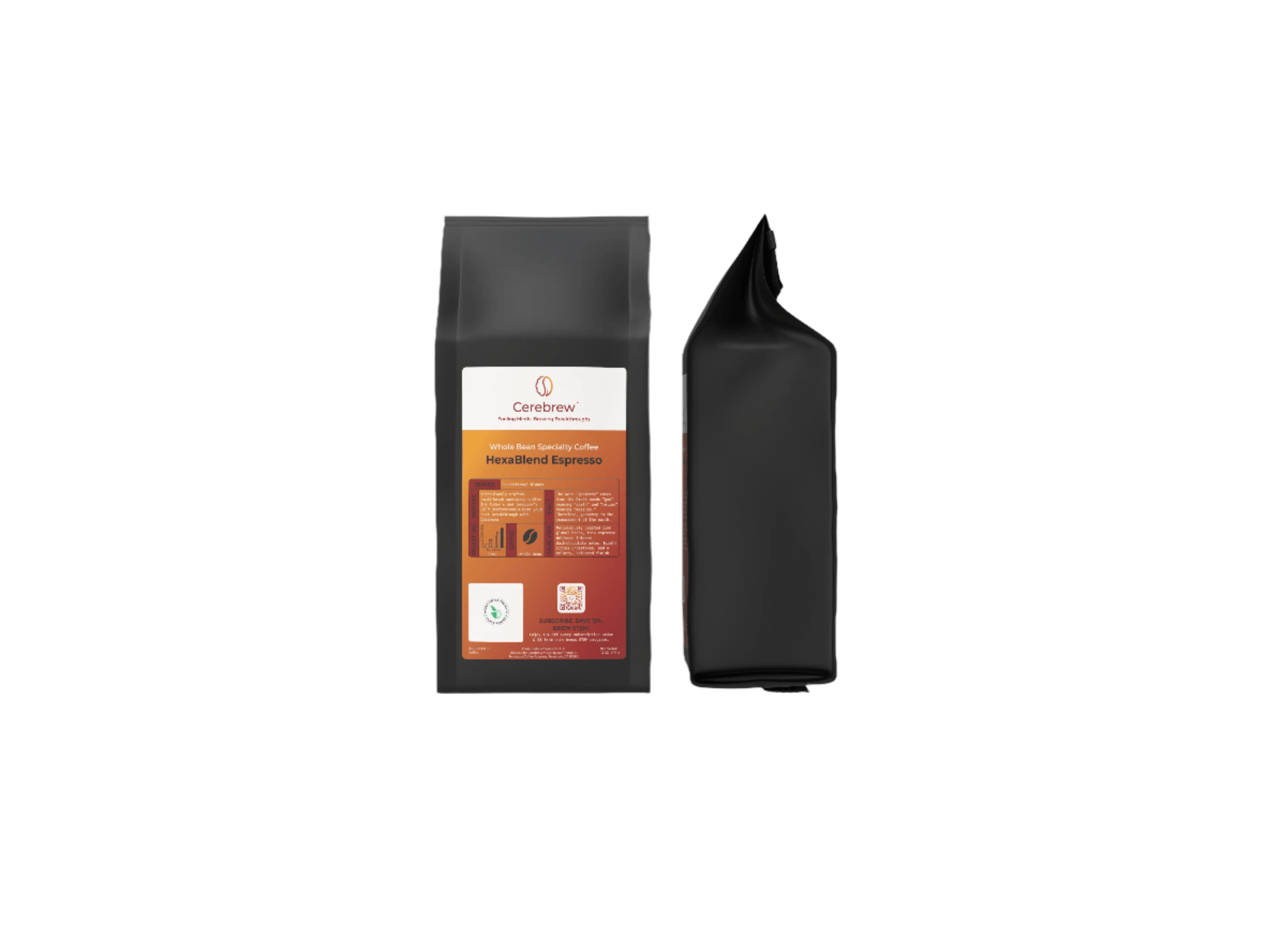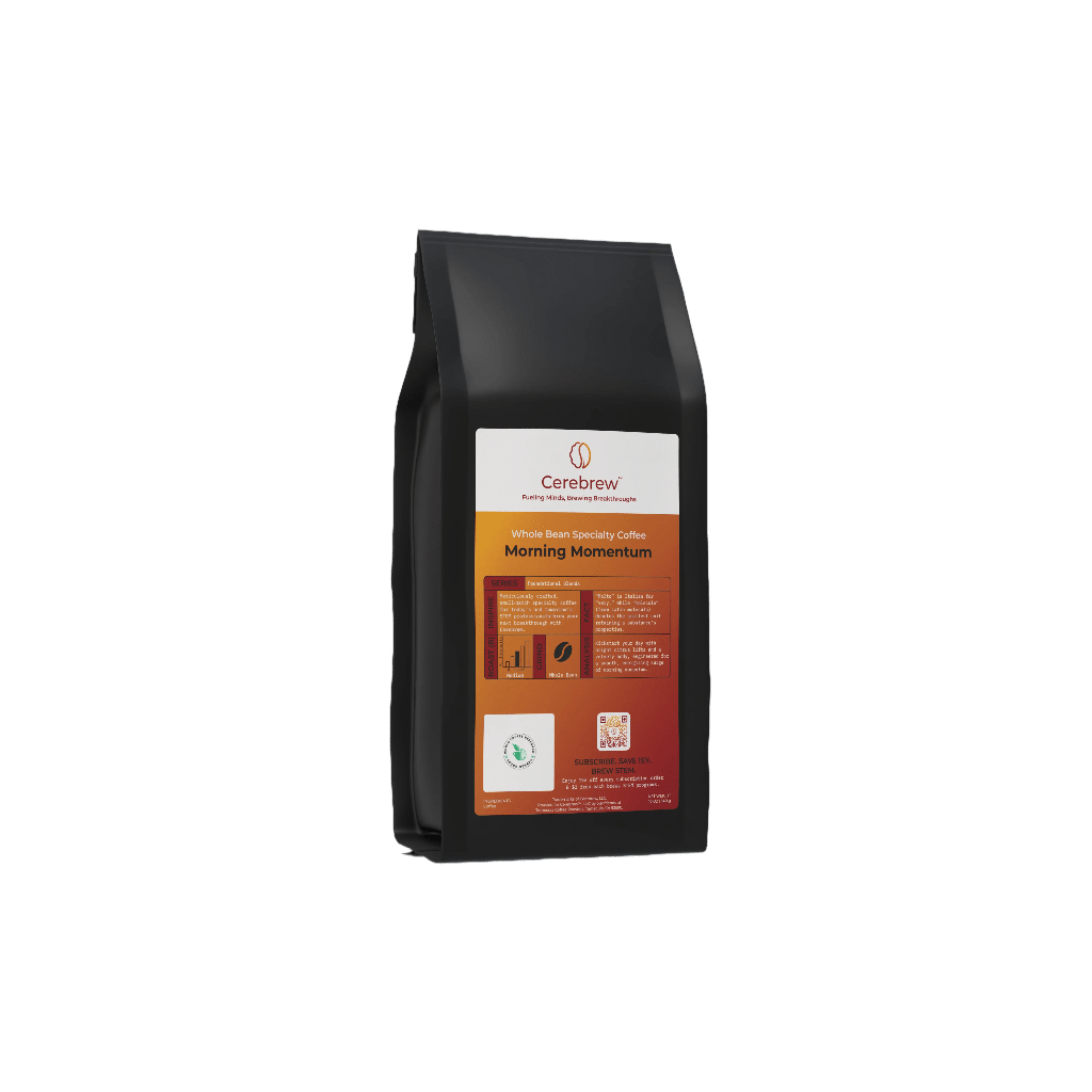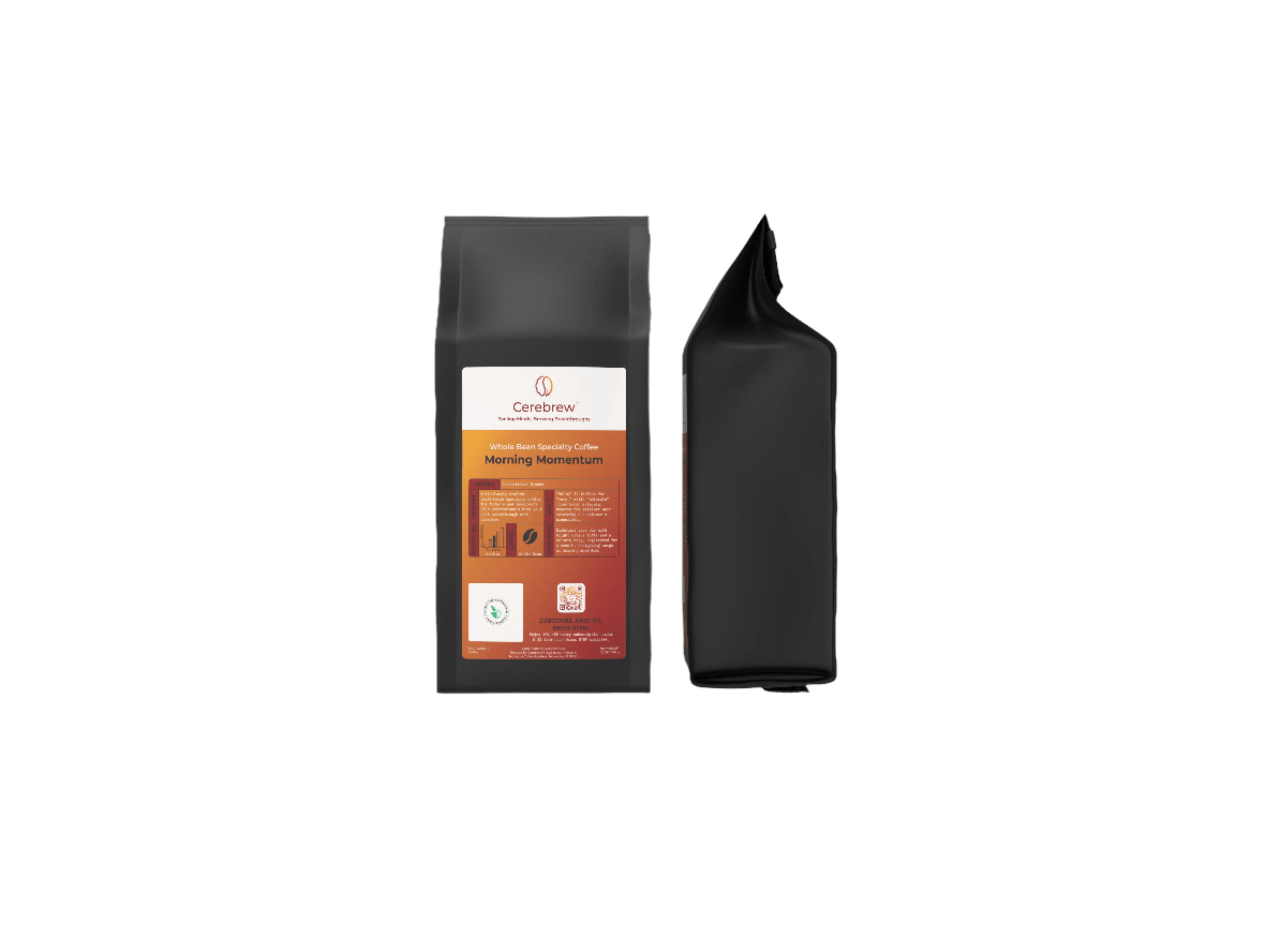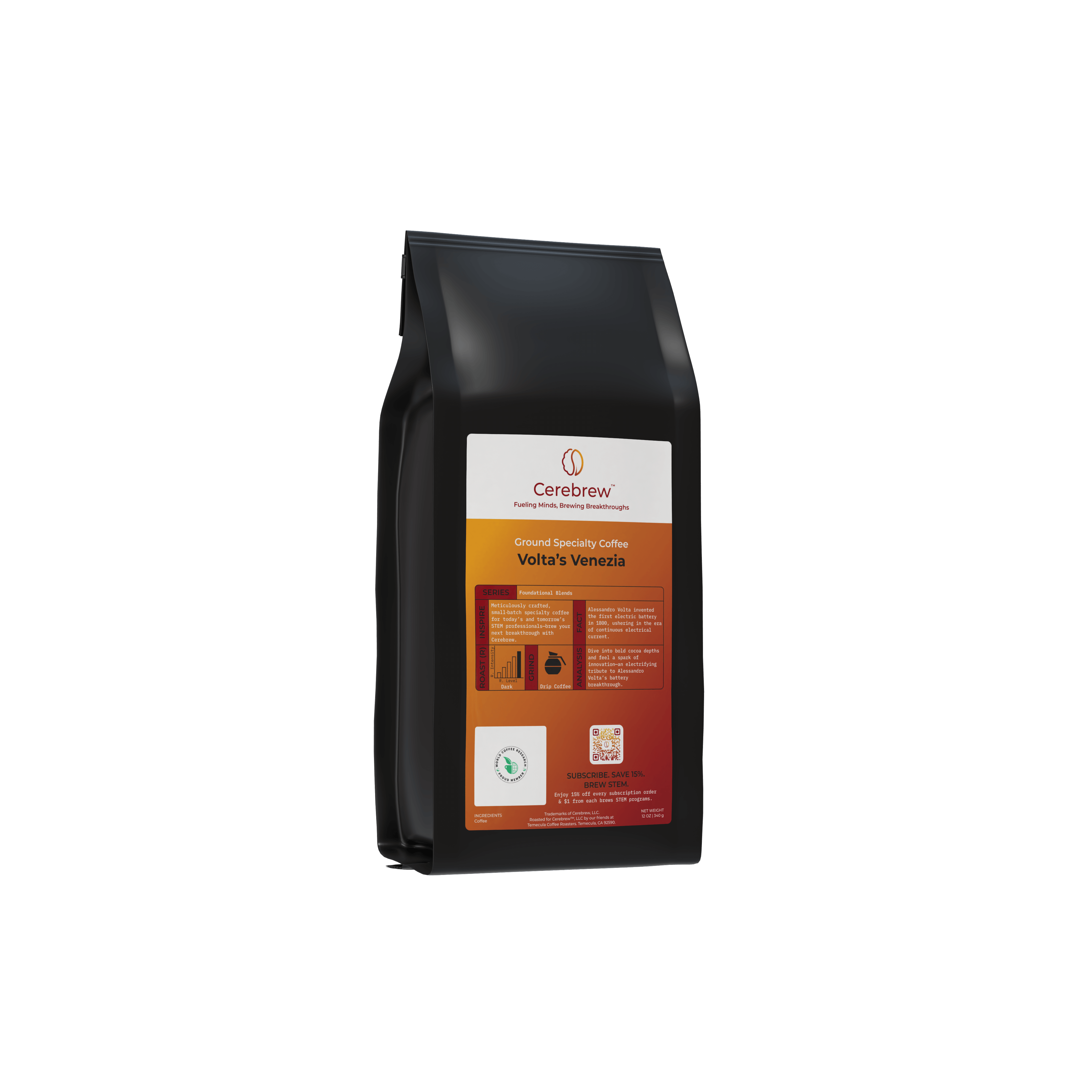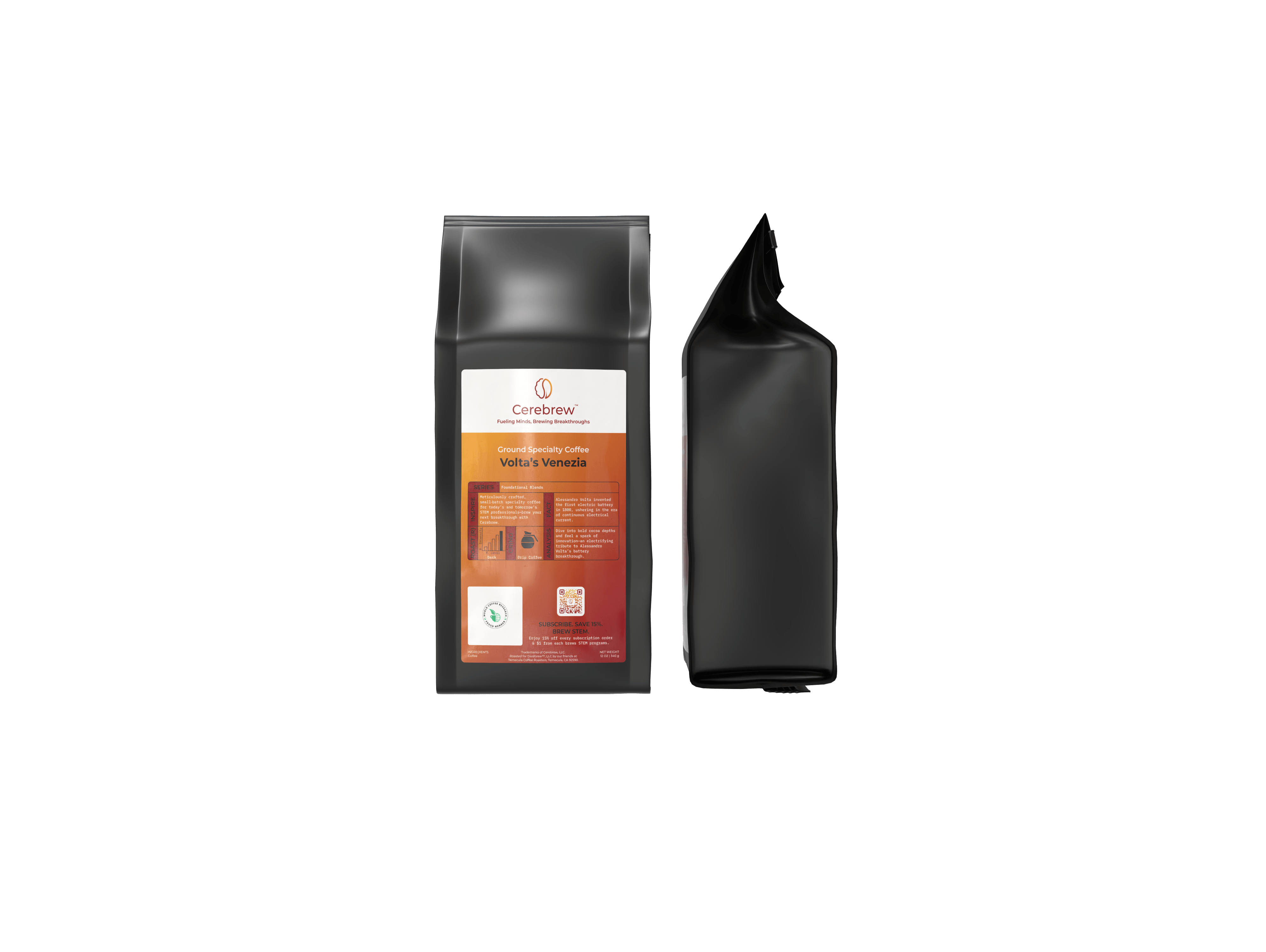Using Coffee Grounds in Your Garden
Gardening enthusiasts are always on the lookout for natural, cost-effective ways to enrich their soil and boost plant growth. One such method that has gained popularity is the use of coffee grounds. This humble kitchen byproduct is not only a great way to recycle but also offers numerous benefits to your garden. In this article, we'll explore how you can use coffee grounds as fertilizer, their role in composting, and whether they can harm your plants.
Coffee grounds are rich in essential nutrients that can be beneficial for plant growth. They contain nitrogen, potassium, and phosphorus—three crucial elements that make them an excellent organic fertilizer option.
Nitrogen Content
Nitrogen is vital for plant growth as it is a major component of chlorophyll, the compound that plants use to photosynthesize. Coffee grounds typically contain about 2% nitrogen by volume, making them a valuable addition to your garden soil.
Potassium and Phosphorus
In addition to nitrogen, coffee grounds also contain potassium and phosphorus. Potassium helps plants build resistance to disease and improves their overall health, while phosphorus is essential for root development and flower production.
Trace Minerals
Coffee grounds also offer trace minerals such as magnesium, calcium, and iron. These minerals can enhance soil quality, promoting healthier and more robust plant growth.
How to Use Coffee Grounds in Your Garden
Now that you understand the benefits of coffee grounds, let's dive into how you can use them effectively in your garden.
Direct Application
One of the simplest ways to use coffee grounds is by sprinkling them directly onto the soil. You can lightly work them into the top layer of soil around your plants. This method not only enriches the soil with nutrients but also helps improve soil structure and drainage.
Coffee Grounds Compost
Adding coffee grounds to your compost pile is another excellent way to utilize their benefits. Coffee grounds are considered "green" compost material, which means they are rich in nitrogen. To maintain a balanced compost pile, mix coffee grounds with "brown" materials like dried leaves or straw, which are high in carbon.
Composting Tips
- Balance: Aim for a 4:1 ratio of brown to green materials in your compost.
- Mixing: Regularly turn your compost pile to ensure even decomposition.
- Moisture: Keep your compost pile moist but not waterlogged to speed up the composting process.
Coffee Grounds as Mulch
Another effective use of coffee grounds is as mulch. Spread a thin layer of coffee grounds around your plants to help retain moisture in the soil, suppress weeds, and regulate soil temperature. However, avoid applying too thick a layer, as it can compact and hinder water penetration.
Will Coffee Grounds Hurt Plants?
While coffee grounds offer many benefits, it's essential to use them correctly to avoid potential harm to your plants.
Acidic Nature
Coffee grounds are slightly acidic, with a pH level of around 6.5 to 6.8. While this is close to neutral, over-application can increase soil acidity, which may not be suitable for all plants. Acid-loving plants like blueberries, azaleas, and rhododendrons will thrive with coffee grounds, but others may not fare as well.
Risk of Overuse
Applying too many coffee grounds can lead to nitrogen overload, which might burn or stress your plants. It's important to use them in moderation and balance them with other organic matter in your garden.
Allelopathic Properties
Coffee grounds contain allelopathic compounds, which can inhibit the growth of some plants. Therefore, it's advisable to avoid using coffee grounds near seedlings or in areas where you plan to sow seeds.
Best Practices for Using Coffee Grounds
To ensure you're using coffee grounds effectively and safely in your garden, consider these best practices:
- Moderation: Use coffee grounds in moderation and mix with other organic materials.
- Test Soil pH: Regularly check your soil's pH level to ensure it remains suitable for your plants.
- Mix with Other Materials: Combine coffee grounds with other compost materials or mulch to avoid compaction.
- Observe Plant Response: Monitor your plants for any signs of stress or nutrient deficiency and adjust usage accordingly.
Conclusion
Coffee grounds are a versatile and eco-friendly addition to any garden. Whether used as a fertilizer, compost ingredient, or mulch, they offer a sustainable way to enrich your soil and support plant growth. By following best practices and using them wisely, you can harness the benefits of coffee grounds without harming your plants. So, the next time you brew a cup of coffee, think twice before tossing those grounds—they might just be the secret ingredient your garden needs!










